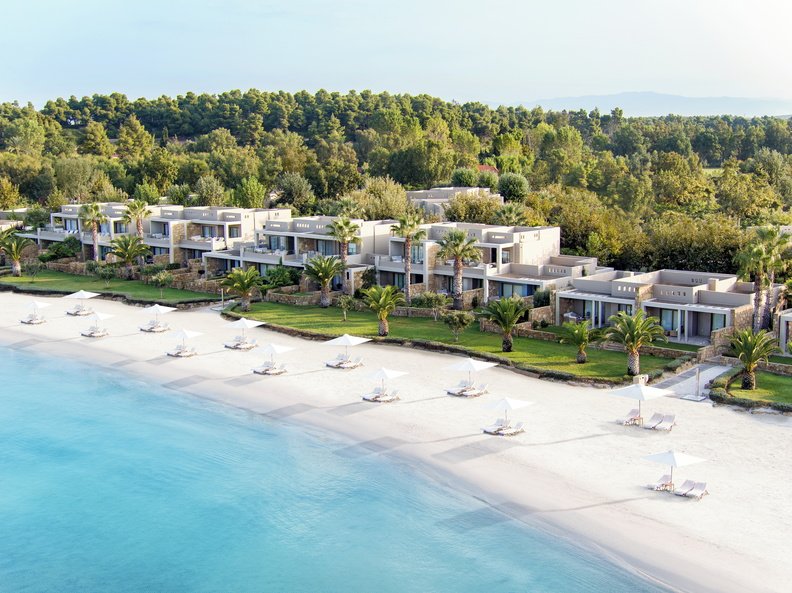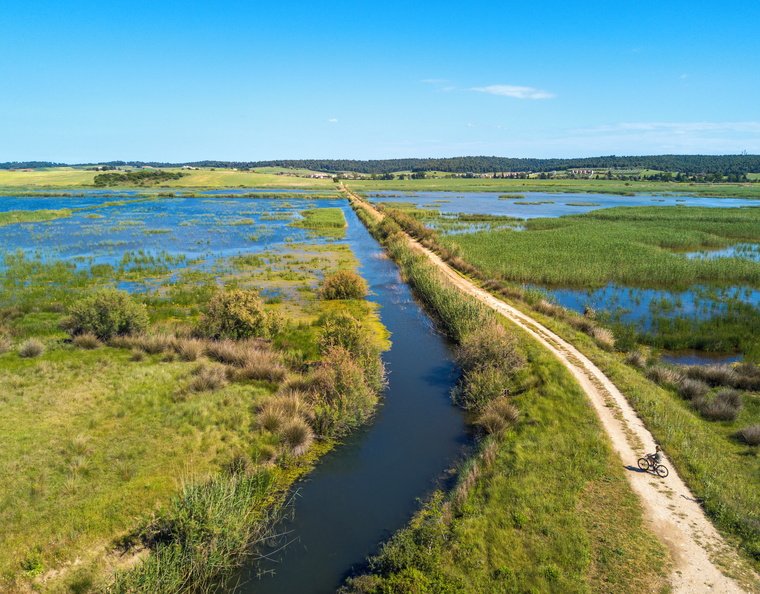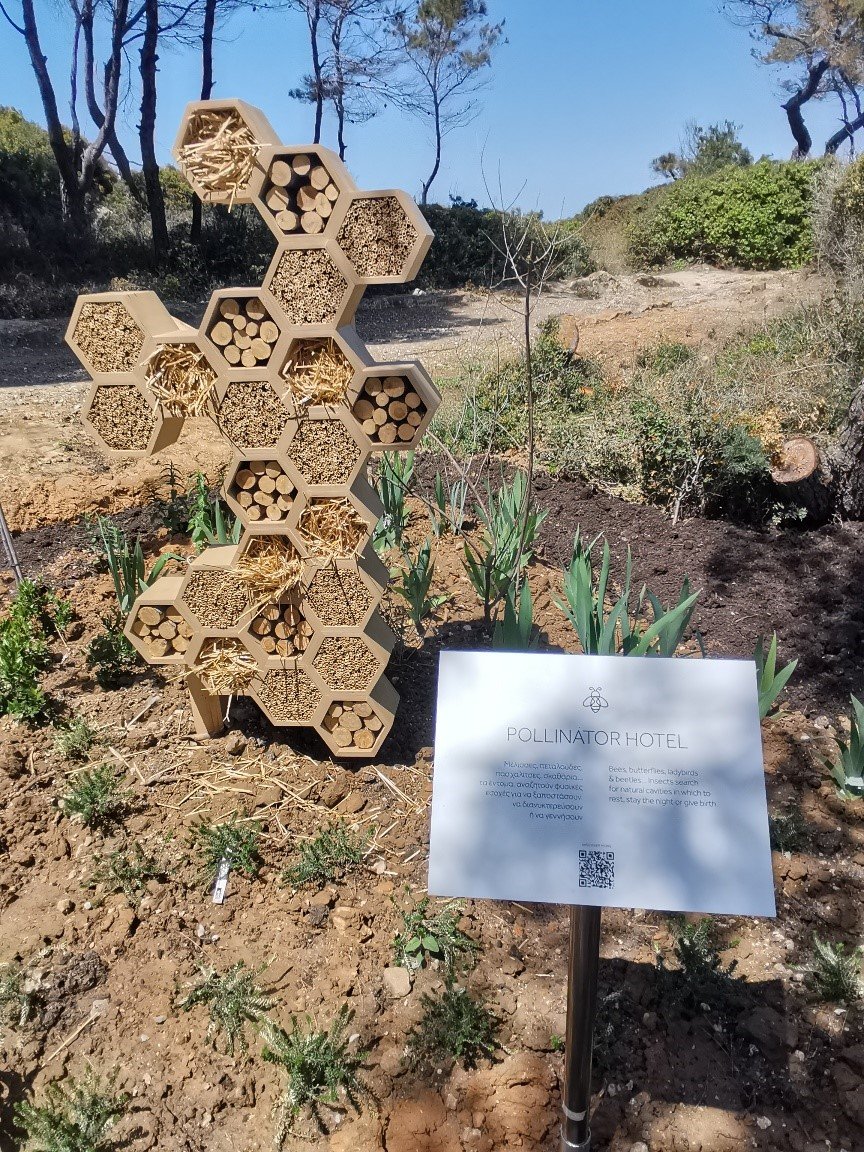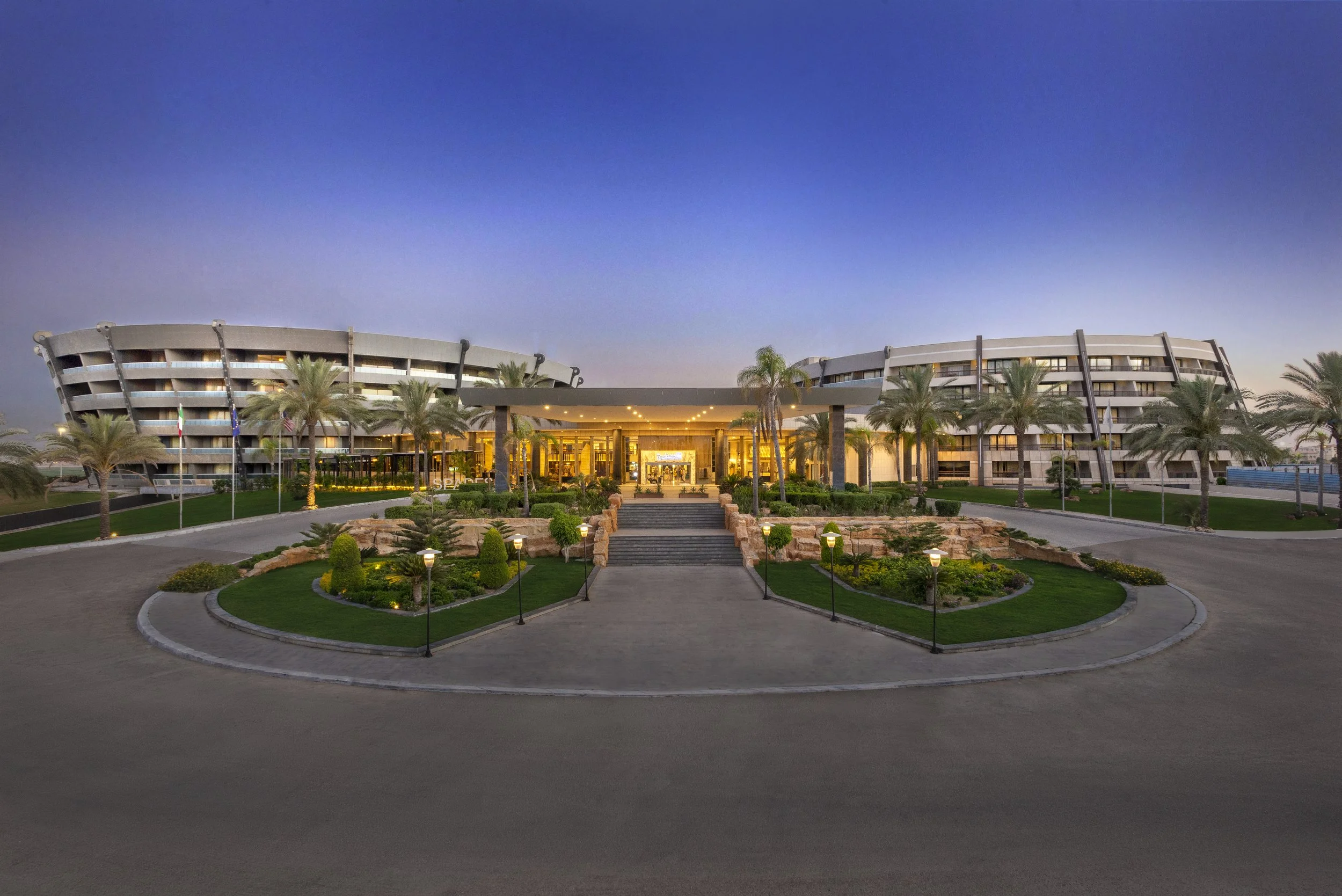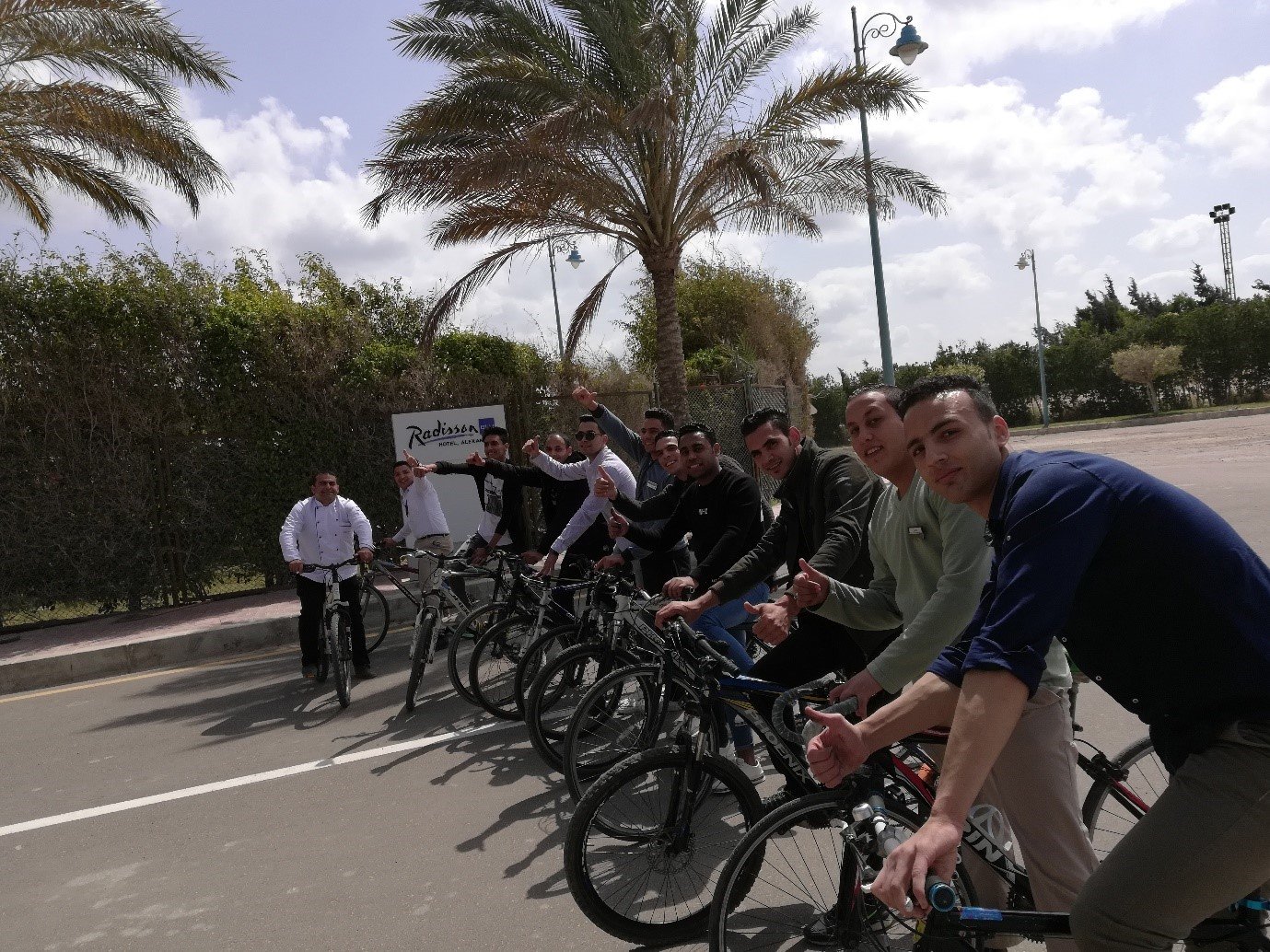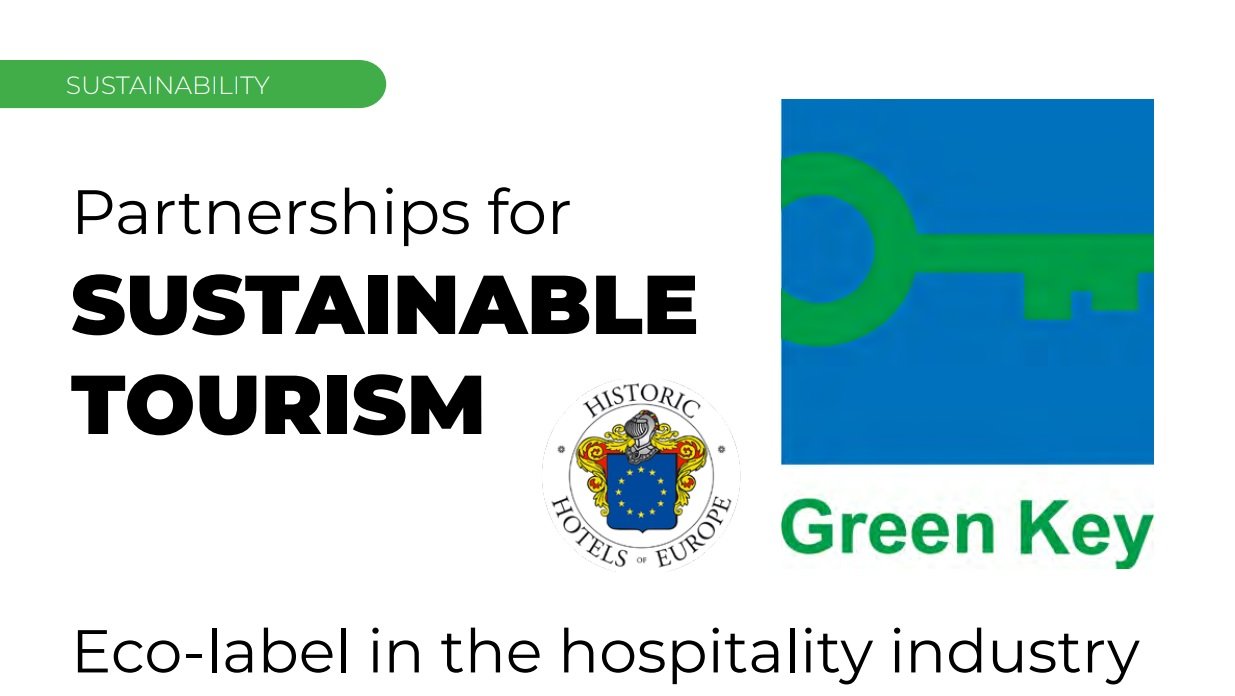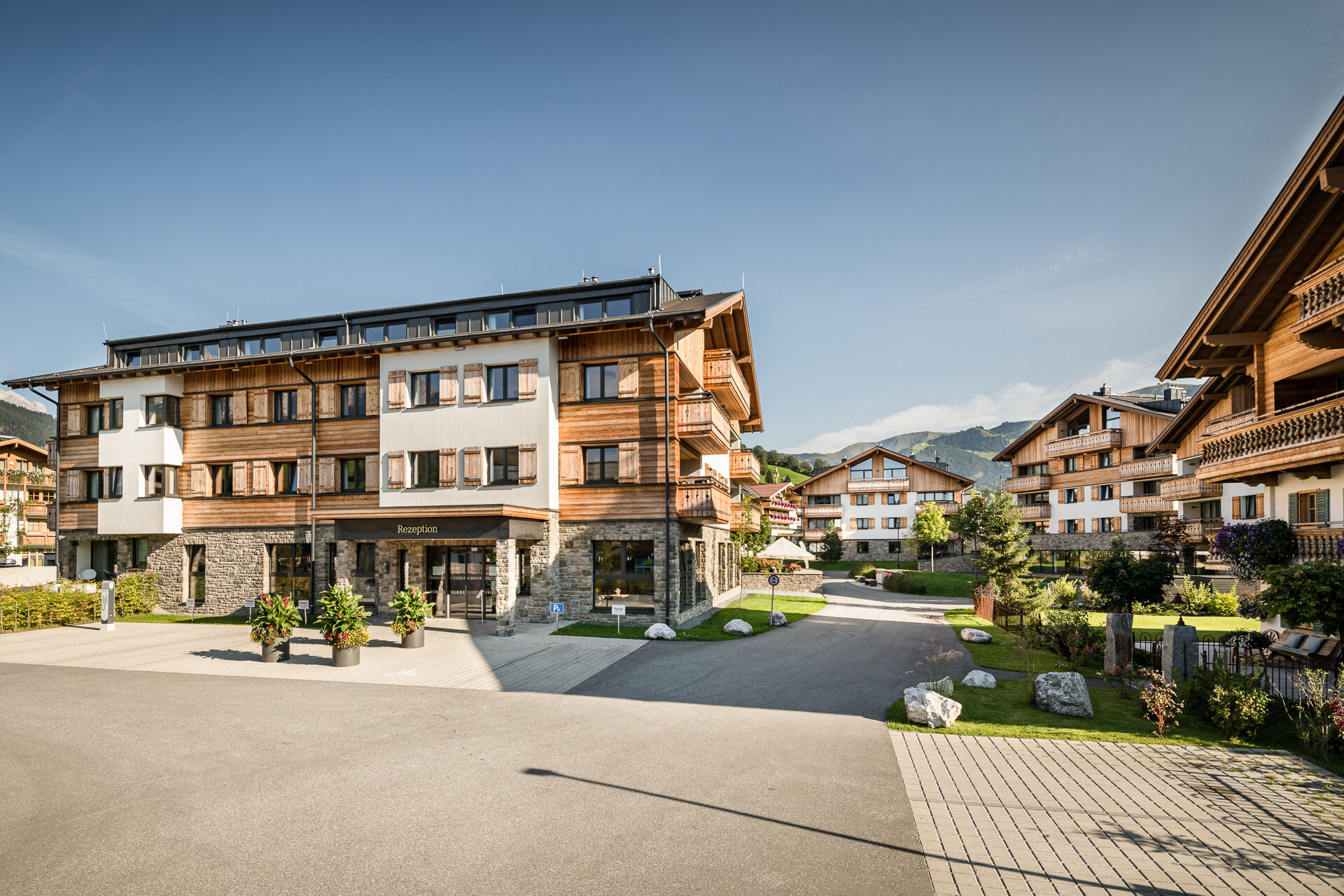The Sani Resort continuous its tireless work to minimise its environmental footprint, by dedicating their work to the protection of local biodiversity, supporting the local community, and setting a triple Zero Goal: net zero of carbon emissions by 2030 zero single-use plastic and produce zero waste by 2024. In 2020, it therefore became the first certified carbon neutral resort in Greece running in 100% renewable electricity
As part of the Sani/Ikos hotel group, the Sani Resort is encompassing five hotels spread across a 1,000-acre ecological reserve on the Kassandra Peninsula. It is surrounded by seven kilometres of Blue Flag beaches, 20km of forest trails and 270 acres of wetlands, encouraging guests to reconnect with nature within a sustainable mini self-contained world.
In 2020, Sani Resort became the first certified carbon neutral resort in Greece running in 100% renewable energy and was recently awarded as the World’s Leading Luxury Green Resort at the World Travel Awards for the second year in a row. From its commitment to the local community, to its dedication to biodiversity and its efforts to operate sustainably, Sani works tirelessly to minimise its environmental footprint. With sustainability at heart, in 2008, Sani Resort has launched “Sani Green”, a programme focusing on improving the sustainability performance of the resort, from energy efficiency and use of renewable energy sources to water conservation and sustainable procurement. Each Sani Green initiative is supported by well-defined policies and measurable targets, in line with UN Sustainable Development Goals.
Therefore, the resort is powered by 100% renewable electricity, energy consumption has been reduced by 3% in 2019, water consumption per guest has been reduced by 48% since 2016, and 2,000,000kg of materials have been recycled in the last five years, with a recycling performance of 290,000kg planned for 2021.Furthermore,the Sani Resort has set a triple Zero Goal; net zero of carbon emissions by 2030, zero plastic and produce zero waste by 2024. As a result, the Sani/Ikos group has already banned the EU single-use plastic list. Furthermore, electric car charging stations with are offered within the resort, and all club cars are electric. In addition, Sani is reducing food waste via AI technology and launching its first zero waste restaurant, the Tomata restaurant at the Sani Marina.
The pollinator hotel of the Sani Resort
Over 60% of Sani’s products come from within 100miles of the resort, with in-resort botanical gardens supporting the farm-to-table approach of its restaurants. Sani’s food and wine range, Land of Grace, produced exclusively by local artisans, is available to taste or purchase-all profits donated to local food banks for vulnerable communities. Guests immerse in nature through guided eco-activities like Sani Wetlands, birdwatching, forest walk, beekeeping, olive harvesting and day farm trips. Home to 225 bird species (total 456 species found in Greece), the complimentary birdwatching tours in Sani Wetlands have seen a 680% increase in participation since 2013.
The Sani Resort furthermore actively works on the protection of the local biodiversity. Together with the not-for profit organisation, Bee Camp, the Sani Resort just launched the largest Bee Spot in Greece, to give shelter to pollinators and host educational activities about the importance of bees in the local eco-system. Adults and kids have the chance to have an eco-trip to the bee spot and learn more about the importance of the pollinators in the local eco-system. In addition, Sani teamed up with ISea to monitor the resident dolphin population and create the first catalogue of cetaceans in Halkidiki. Teenagers and kids participate in educational activities about the rich biodiversity in the Greek seas and the human interaction. Finally, Sani supports further biodiversity projects, such as the Sani Wetlands Project and tree-planting, as well as encourages local farmers to farm more sustainably.
On the importance of receiving the Green Key certificate, Eleni Andreadis, Director of Sustainability and Corporate Social Responsibility explains;
"For more than 50 years, Sani Resort has placed sustainability at the center of its activities. We have been recipients and supporters of the Green Key award since its early days. Our cooperation has helped us build and develop our commitment to sustainability as a vital part of our philosophy in pursuing the Sustainable Development Goals that serve as a blueprint for a better and more sustainable hospitality industry in Greece."
The hotel group’s recently published Environmental, Social and Governance Report 2021, which summarises all their environmental and social sustainability actions in greater detail, can be downloaded here. For more information about the Sani Resort in general, please visit their website, by clicking here.
